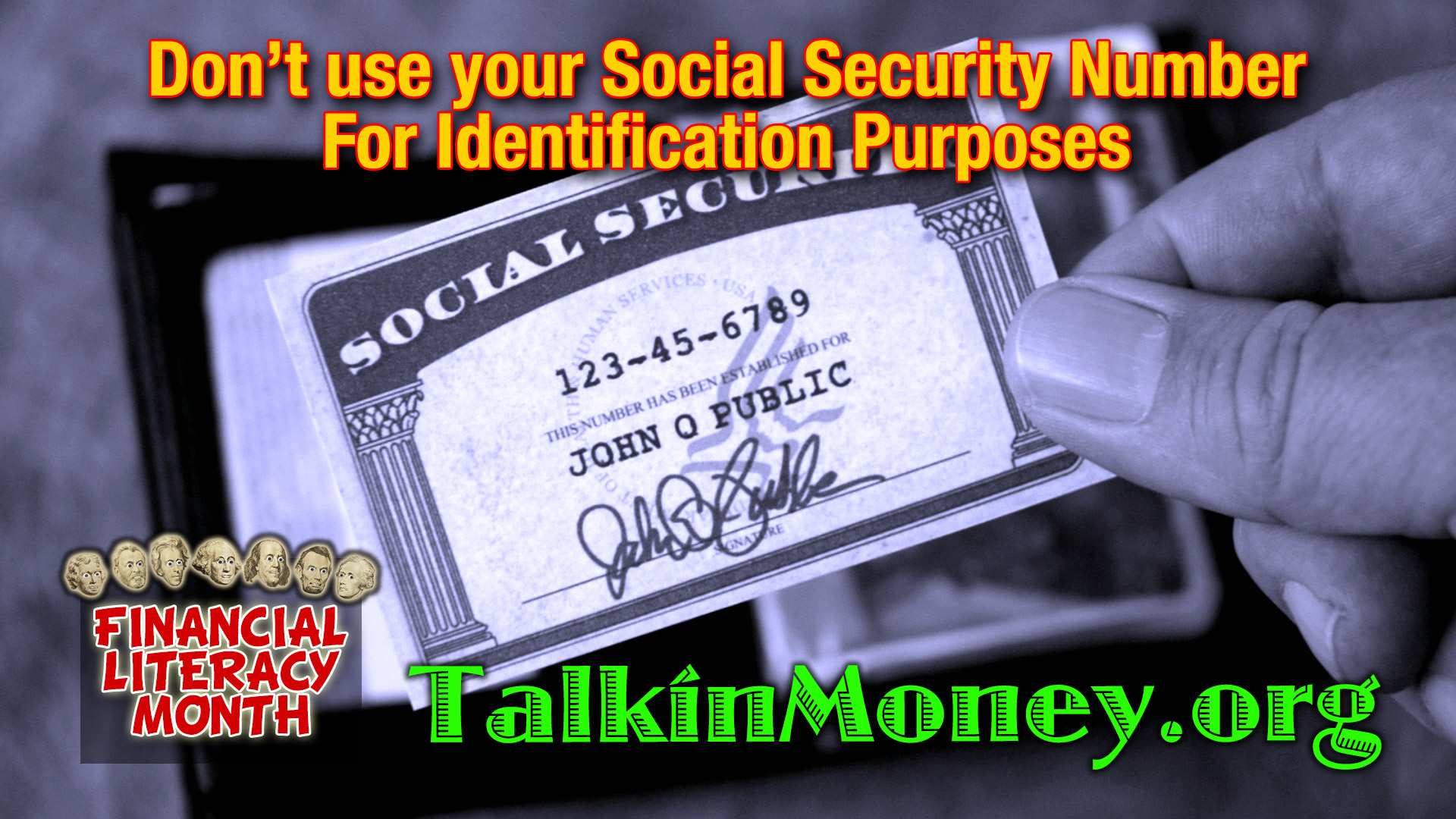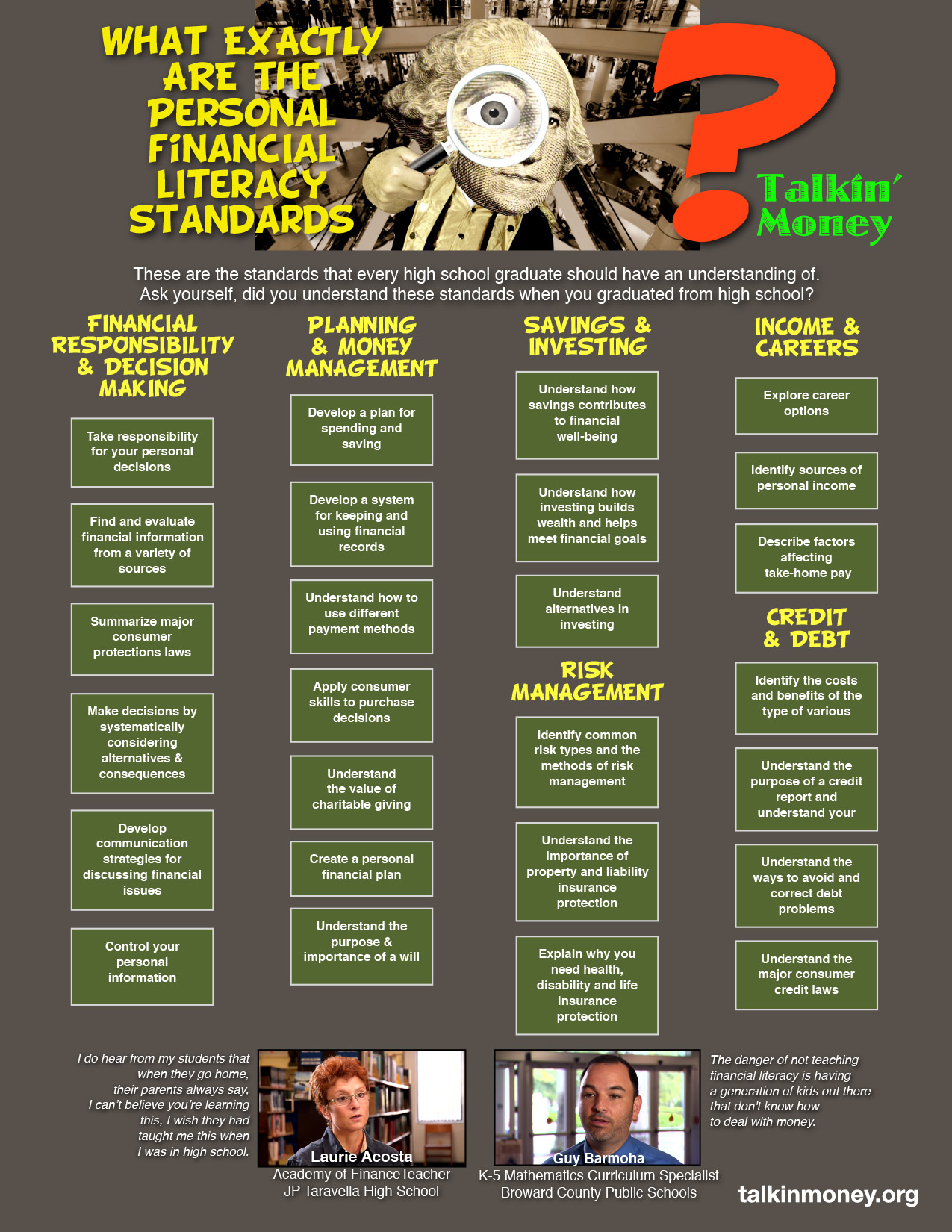 Identity theft is a big problem. If someone gains control of your personal information they might be able to open accounts, file taxes and make purchases in your name.
Identity theft is a big problem. If someone gains control of your personal information they might be able to open accounts, file taxes and make purchases in your name.
The number one thing you can do to help prevent identity theft is to not use your social security number for identification purposes.
If anyone asks for your social security number for identification purposes, tell them you do not give out that number!
Mark Ferris’s cable TV company asked for the last four digits of his social security number to use as a PIN number to access his account. “I told them I do not give out my social security number or any part of it”, said Ferris, “ so they said fine, and asked me to give them a 4-digit number I could remember. If I provide my social security number or any part of it, it just increases the risk I will be subject to fraud or identity theft!”
It sometimes takes detective work, and there are many warning signs that might ‘pop up’ allowing you to discover that someone is using your information. You might notice strange withdrawals from your bank account, get bills that aren’t yours, or get calls about debts that you don’t owe. You might get a notice from the IRS or find unfamiliar accounts on your credit report.
Should you find yourself a victim of identity theft, the first place you should start is the Federal Government’s Federal Trade Commission’s dedicated website https://www.identitytheft.gov
April is National Financial Literacy Month, Talkin’ Money’s favorite month! To celebrate the importance of being financially literate, we’re going to post financial literacy tips every day.


 Identity theft is a big problem. If someone gains control of your personal information they might be able to open accounts, file taxes and make purchases in your name.
Identity theft is a big problem. If someone gains control of your personal information they might be able to open accounts, file taxes and make purchases in your name.